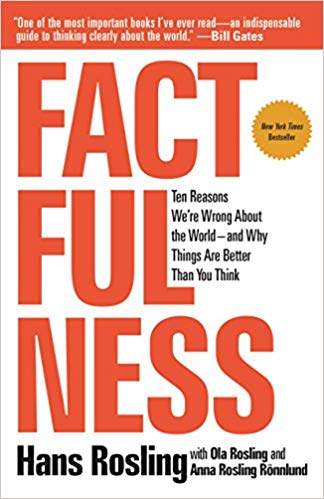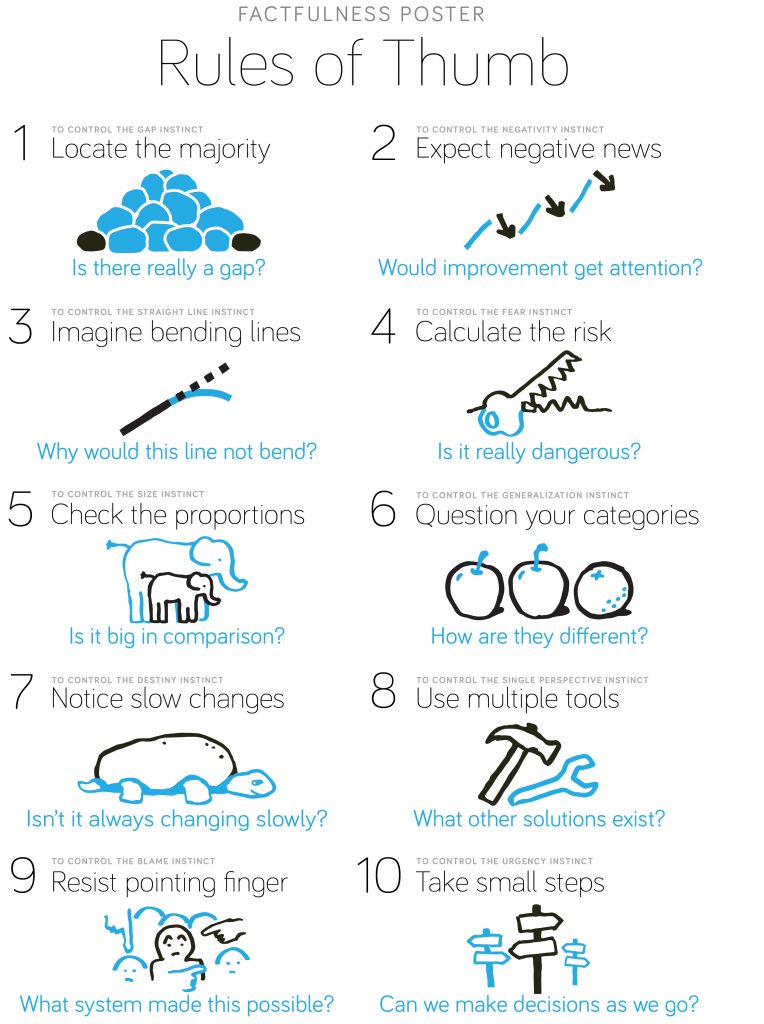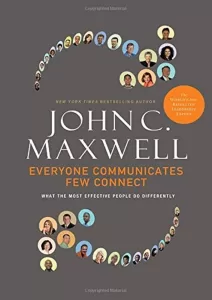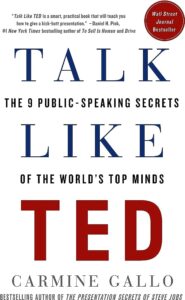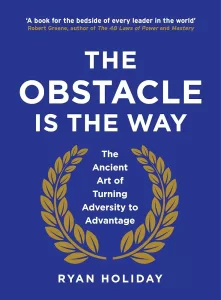Book Review: “Factfulness”
Book: Factfulness by Hans Rosling with Ola Rosling and Anna Rosling Rönnlund
Reviewer: Bobby Powers
My Thoughts: 10 of 10
I read over 70 books per year, and this is the best book I've read in a long time. Factfulness is poignant, hopeful, and timely. It is a jaw-dropping rebuttal of many myths we've heard through the years about poverty, education, and world demographics. For this book, professor and researcher Hans Rosling teamed up with his son and daughter-in-law, who co-founded the Gapminder Foundation, a nonprofit dedicated to using simple, visually appealing data to squash untruths about the world. This book should be required reading for planet Earth.
Selected Quotes and Ideas from the Book
Your Worldview Is Flawed
- Factfulness = "The stress-reducing habit of carrying only the opinions for which you have strong supporting facts"
- Rosling opens the book by asking the reader 13 fact-based questions about the state of our world. A large percentage of people bomb the test, which contains 12 core questions along with a final question about climate change.
- "In 2017 we asked nearly 12,000 people in 14 countries to answer our questions. They scored on average just two correct answers out of the first 12. No one got full marks, and just one person (in Sweden) got 11 out of 12. A stunning 15 percent scored zero."
- "These [respondents] are highly educated people who take an interest in the world. But most of them--a stunning majority of them--get most of the answers wrong...these test results are not random. They are worse than random: they are worse than the results I would get if the people answering my questions had no knowledge at all."
- "Every group of people I ask thinks the world is more frightening, more violent, and more hopeless--in short, more dramatic--than it really is."
- "Only actively wrong 'knowledge' can make us score so badly."
- "Step-by-step, year-by-year, the world is improving. Not on every single measure every single year, but as a rule. Though the world faces huge challenges, we have made tremendous progress. This is the fact-based worldview."
- "People constantly and intuitively refer to their worldview when thinking, guessing, or learning about the world. So if your worldview is wrong, then you will systematically make wrong guesses."
- "This is data as you have never known it: it is data as therapy. It is understanding as a source of mental peace. Because the world is not as dramatic as it seems. Factfulness, like a healthy diet and regular exercise, can and should become part of your daily life."
- "I want people, when they realize they have been wrong about the world, to feel not embarrassment, but that childlike sense of wonder, inspiration, and curiosity that I remember from the circus, and that I still get every time I discover I have been wrong: 'Wow, how is that even possible?'"
The Gap Instinct
- We have an irresistible temptation "to divide all kinds of things into two distinct and often conflicting groups, with an imagined gap—a huge chasm of injustice—in between."
- "Most of us are stuck with a completely outdated idea about the rest of the world." In our mind's eye, we see the world as divided into "developed" and "developing," the "haves" and the "have-nots," the "rich Western world" and the "poor Eastern world." That worldview is dated and false.
- "Graphs showing levels of income, or tourism, or democracy, or access to education, health care, or electricity would all tell the same story: that the world used to be divided into two but isn't any longer. Today most people are in the middle. There is no gap between the West and the rest, between developed and developing, between rich and poor."
- "Low-income countries are much more developed than most people think. And vastly fewer people live in them. The idea of a divided world with a majority stuck in misery and deprivation is an illusion. A complete misconception. Simply wrong."
- "Factfulness is...recognizing when a story talks about a gap, and remembering that this paints a picture of two separate groups, with a gap in between. The reality is often not polarized at all. Usually the majority is right there in the middle, where the gap is supposed to be. To control the gap instinct, look for the majority."
- Rosling explains that the labels "developed" and "developing" are no longer valid. Instead, it's much more accurate to divide the world into four income levels, as shown in the World Health Chart below. This graph plots income vs. lifespan, showing a bubble for each country (bubble size correlates to population).
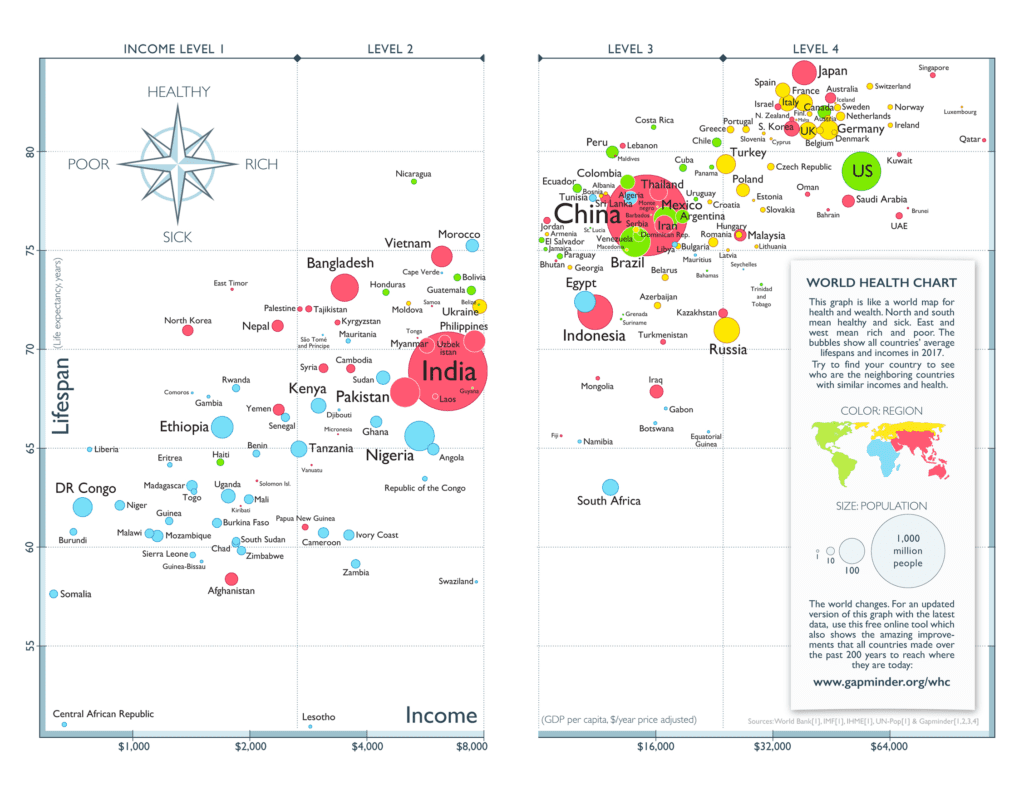
The Negativity Instinct
- "Good news is not news. Good news is almost never reported. So news is almost always bad. When you see bad news, ask whether equally positive news would have reached you."
- "When things are getting better we often don't hear about them. This gives us a systematically too-negative impression of the world around us, which is very stressful. To control the negativity instinct, expect bad news."
- "I am certainly not advocating looking away from the terrible problems in the world. I am saying that things can be both bad and better...Does saying 'things are improving' imply that everything is fine, and we should all relax and not worry? No, not at all. Is it helpful to have to choose between bad and improving? Definitely not. It's both. It's both bad and better. Better, and bad, at the same time. That is how we must think about the current state of the world."
- "When in the past whole species or ecosystems were destroyed, no one realized or even cared. Alongside all the other improvements, our surveillance of suffering has improved tremendously. This improved reporting is itself a sign of human progress, but it creates the impression of the exact opposite. At the same time, activists and lobbyists skillfully manage to make every dip in a trend appear to be the end of the world, even if the general trend is clearly improving, scaring us with alarmist exaggerations and prophecies."
- "Just 20 years ago, 29 percent of the world population lived in extreme poverty. Now that number is 9 percent."
- "Today there are no countries with a life expectancy below 50 years."
The Fear Instinct
- "The kind of information we seem most likely to process is stories: information that sounds dramatic...Here are some topics that easily get through our filters: earthquakes, war, refugees, disease, fire, floods, shark attacks, terror attacks. These unusual events are more newsworthy than everyday ones. And the unusual stories we are constantly shown by the media paint pictures in our heads. If we are not extremely careful, we come to believe that the unusual is usual: that this is what the world looks like."
- "Because of our dramatic instincts and the way the media must tap into them to grab our attention, we continue to have an overdramatic worldview."
- "In 2016 a total of 40 million commercial passenger flights landed safely at their destinations. Only ten ended in fatal accidents. Of course, those were the ones the journalists wrote about: 0.000025 percent of the total. Safe flights are not newsworthy."
- "In the United States, the risk that your loved one will be killed by a drunk person is nearly 50 times higher than the risk he or she will be killed by a terrorist."
- "Factfulness is...recognizing when frightening things get our attention, and remembering that these are not necessarily the most risky. Our natural fears of violence, captivity, and contamination make us systematically overestimate these risks. To control the fear instinct, calculate the risks."
Other Factfulness Tips
- "The most important thing you can do to avoid misjudging something's importance is to avoid lonely numbers. Never, ever leave a number all by itself. Never believe that one number on its own can be meaningful. If you are offered one number, always ask for at least one more. Something to compare it with."
- "[C]onstantly test your favorite ideas for weaknesses. Be humble about the extent of your expertise. Be curious about new information that doesn't fit, and information from other fields. And rather than talking only to people who agree with you, or collecting examples that fit your ideas, see people who contradict you, disagree with you, and put forward different ideas as a great resource for understanding the world."
- “Resist blaming any one individual or group of individuals for anything. Because the problem is that when we identify the bad guy, we are done thinking. And it’s almost always more complicated than that. It’s almost always about multiple interacting causes—a system.”
- “Beware of simple ideas and simple solutions. History is full of visionaries who used simple utopian visions to justify terrible actions. Welcome complexity. Combine ideas. Compromise. Solve problems on a case-by-case basis.”
- “Most important of all, we should be teaching our children humility and curiosity...It is quite relaxing being humble, because it means you can stop feeling pressured to have a view about everything, and stop feeling you must be ready to defend your views all the time. Being curious means being open to new information and actively seeking it out. It means embracing facts that don't fit your worldview and trying to understand their implications. It means letting your mistakes trigger curiosity instead of embarrassment."
Think you’d like this book?
Other books you may enjoy:
- Thinking in Bets by Annie Duke
- The Better Angels of Our Nature by Steven Pinker
- Thinking, Fast and Slow by Daniel Kahneman
Other notable books by the authors:
- (None)
Want to become a stronger leader?
Sign up to get my exclusive
10-page guide for leaders and learners.
